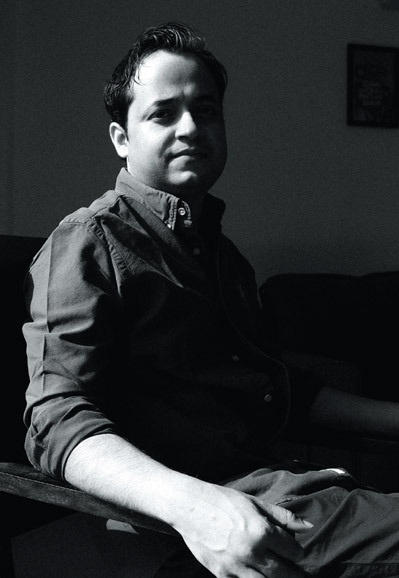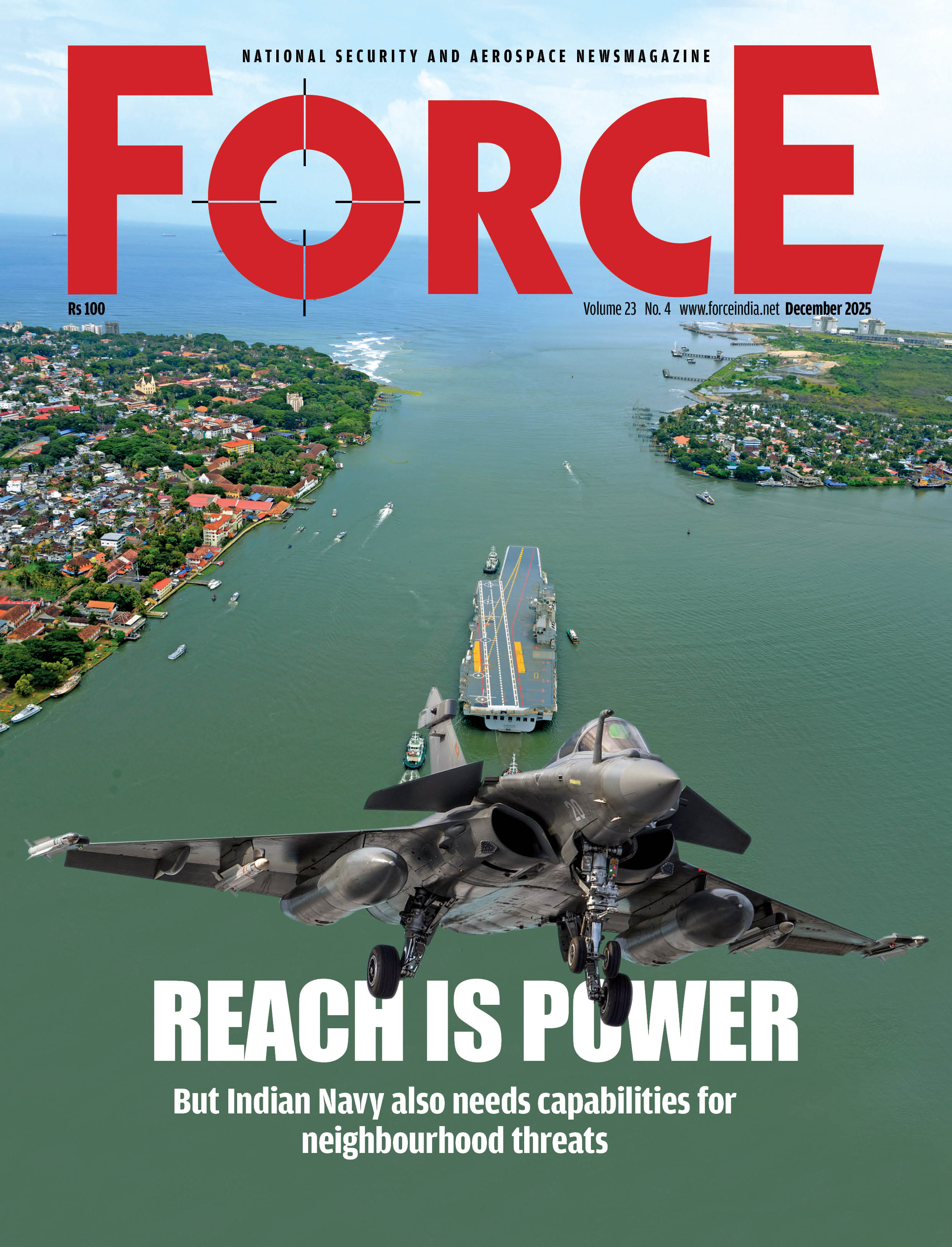Books | Vajpayee Was in Many Ways a Bridge; Without Him There Would be no Modi
Abhishek Choudhary, author of Vajpayee: The Ascent of the Hindu Right, 1924–1977
 India does not have a very strong tradition of biography writing. Either they are salacious or hagiographic. How difficult was it to ensure that your book did not fall into either of these categories?
India does not have a very strong tradition of biography writing. Either they are salacious or hagiographic. How difficult was it to ensure that your book did not fall into either of these categories?
I haven’t read too many salacious biographies, but yes, we have far too many hagiographies around—dull, soulless, sycophantic takes, often on politicians and actors. I spent a lot of time demystifying the nuts and bolts of writing lives before writing the proposal; the genre has evolved considerably over the previous century. This included reading a few smart books on the theory and practise of life writing, as well as decoding the techniques of some of my favourite biographers (Patrick French and Katherine Frank, to name two very familiar names).
What was the research process like? What challenges did you face? Were there moments when you felt you had reached a dead end?
I hoped to juxtapose archival findings—using sources both primary and secondary—with detailed interviews with major and minor characters, and I more or less stuck to that plan till the end. Not having access to private papers was definitely the most serious handi
Subscribe To Force
Fuel Fearless Journalism with Your Yearly Subscription
SUBSCRIBE NOW
We don’t tell you how to do your job…
But we put the environment in which you do your job in perspective, so that when you step out you do so with the complete picture.







